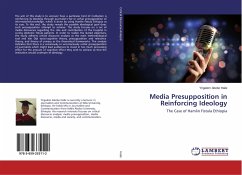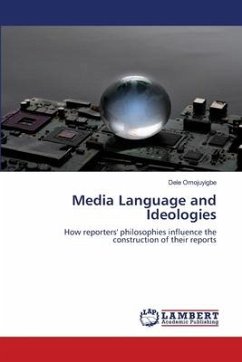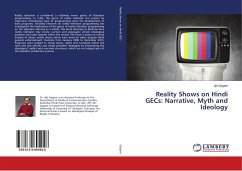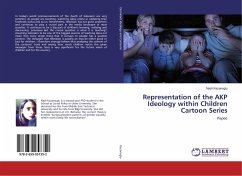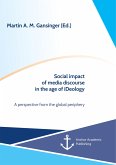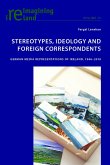The aim of this study is to uncover how a particular kind of institution is reinforcing its ideology through journalist's fair or unfair presupposition of information/knowledge, which is done by using Hamlin Fistula Ethiopia as its case. To this end, the study reveals the possible ideological goal does such presupposition attempt to achieve. The study focuses on a set of media discourses regarding the role and contribution of the hospital in curing obstetric fistula patients. In order to realize the stated objectives, the study adheres critical discourse analysis as the main methodological tool and Van Dijk socio-cognitive theory, presupposition and relevance theory, and theory of privacy as the theoretical frameworks. The analysis indicates that there is a consciously or unconsciously unfair presupposition of journalists which might lead audiences to invest in too much processing effort for the amount of cognitive effect they wish to achieve so that the institution would underpin its ideology.

